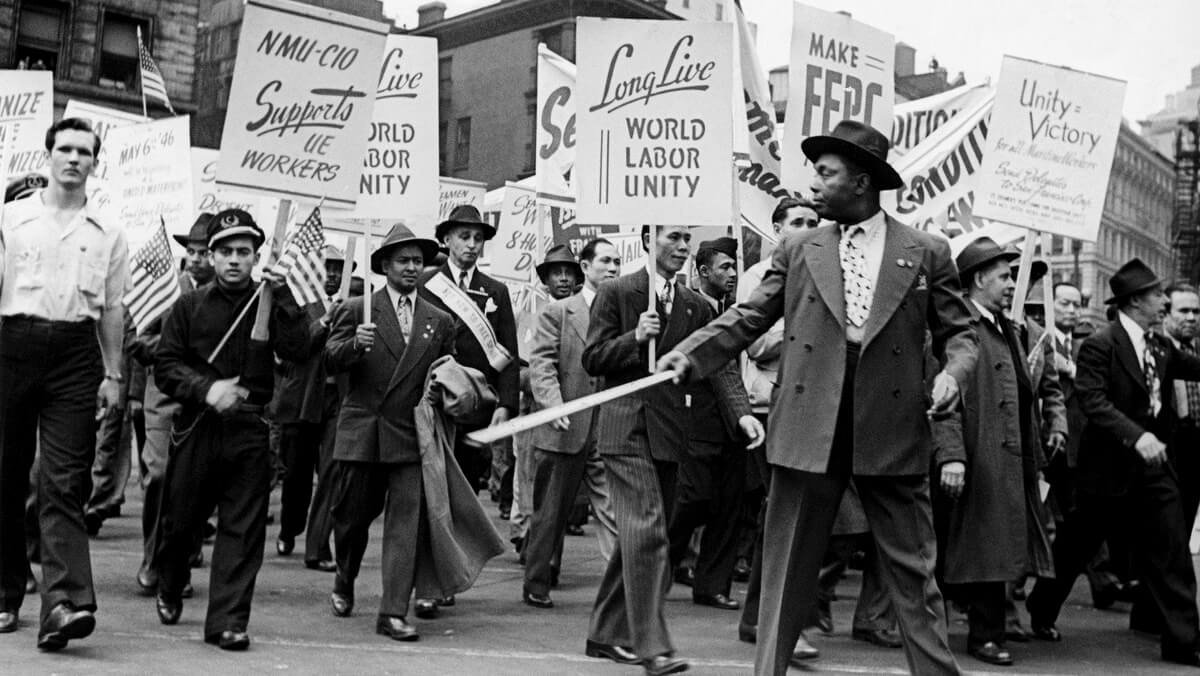
Disability Discrimination
Key Takeaways:
Under the FEHA, “disability” is a broader term than its common usage in everyday conversation. Almost any mental or physical impairment can qualify as a disability if it limits your work activity. There are also specific medical conditions defined in the law, such as cancer, that automatically qualify.
Your employer is obligated to try and work with you on finding a reasonable accommodation that will allow you to continue working. Time off from work is often one of those “reasonable accommodations” under California law.
Employers must comply with both the worker’s compensation system, and the California FEHA. Even if you are “permanently disabled” according to a worker’s compensation doctor, that does not mean your employer is free from trying to provide a reasonable accommodation that will allow you to continue working.
In the employment law context, most disability discrimination claims are covered by the Fair Employment and Housing Act, commonly called the “FEHA.” The FEHA applies to any employer with five or more employees. Among many other protections, the FEHA protects the employment rights of disabled workers. The Federal equivalent is the Americans with Disabilities Act, or the “ADA.” Both acts cover similar rights, but as usual, California law is generally more protective and favorable to employees, with a few limited exceptions.
Under the FEHA, “disability” is a broader term than its common usage in everyday conversation. A disability can be physical, mental, or a genetic characteristic. There are also specific medical conditions defined in the law, such as cancer, that automatically qualify.
A physical disability is any physical disease, disorder, condition, cosmetic disfigurement, or anatomical loss that limits a major life activity, such as working. This can range from a sprained ankle, to carpal tunnel syndrome, to loss of limbs.
A mental disability is any mental or psychological disorder or condition that limits a major life activity, such as working. This can range from a learning disability, to bipolar disorder, to depression.
If an employer thinks an employee is disabled and discriminates against that employee, the employer is still liable even if the employer was mistaken in believing the employee was disabled.
Almost any physical or mental impairment is protected as a disability if it makes your work more difficult. Once an employer knows an employee is disabled, the employer is required to engage in the “interactive process” in an effort to “reasonably accommodate” the employee’s disability. In plain English, the process should work like this:
Your employer learns about your disability and how your ability to work is affected or restricted.
You and your employer, and possibly your doctor, discuss how you can continue to do your work with your disability. Common solutions include time off to recover, switching or limiting duties temporarily, ergonomic devices, speech to text software, and a variety of other common and cost-effective solutions.
You eventually recover, or continue working with your accommodations. Or, in rare circumstances, after an honest and good faith interactive process with your employer, it becomes clear no accommodation is possible.
Keep in mind that although it is rarely an undue hardship on an employer to accommodate an employee, employers frequently come to that conclusion anyway, often after failing to adequately assess potential accommodations. It is the employer’s burden, however, to prove “undue hardship,” i.e., that no potential accommodations were reasonable. Click on the hyperlinks above to read more about each step in the process.
Worker’s Compensation and Reasonable Accommodations
Often, an employee will file a worker’s compensation claim, and an employer will make no effort to try and accommodate an employee outside the worker’s compensation system procedures. It may seem counter-intuitive, but worker’s compensation and an employer’s duties to accommodate injured and disabled workers under the FEHA and the ADA are actually quite different. Employers must comply with both the worker’s compensation system, and the California FEHA. How these statutory frameworks overlap can be tricky.
Problems frequently occur when doctors declare patients “permanently” or “temporarily” disabled, or disabled to a varying percentage rating. This leads to problems because worker’s compensation laws define “disability” differently than the FEHA, and employers have different obligations under each statutory framework. Sometimes these two statutory schemes are seemingly at odds, because an employee “permanently” disabled under worker’s compensation laws may still be able to perform the “essential functions” of their position and keep their job, and thus still may be entitled to reasonable accommodations under the FEHA and the ADA. For example, even a worker who is “100% totally permanently disabled” under worker’s compen law is nonetheless entitled to reasonable accommodations under the ADA and the FEHA, if any are possible. (Cuiellette v. City of Los Angeles (2011) 194 Cal.App.4th 757, 772) Worker’s compensation laws simply do not care if you can still do the job with reasonable accommodations. Doctors used to the worker’s compensation framework, but not the ADA or the FEHA, will often determine that the employee is unable to work without considering any reasonable accommodations, and employers will then simply rely on the doctor’s determinations that they are “totally disabled” and get rid of them, claiming they cannot work.
This is a blatant violation of the FEHA and the ADA. Employees should work with their doctors to consider potential accommodations that may allow them to go back to work, and employers must consider these potential accommodations and engage in the interactive process with all injured workers, even if they are considered permanently or temporarily disabled under the worker’s compensation framework. If employers simply rely on worker’s compensation disability determinations to let go of employees via lump sum worker’s compensation settlements, this could potentially still constitute a violation of the FEHA or the ADA.
